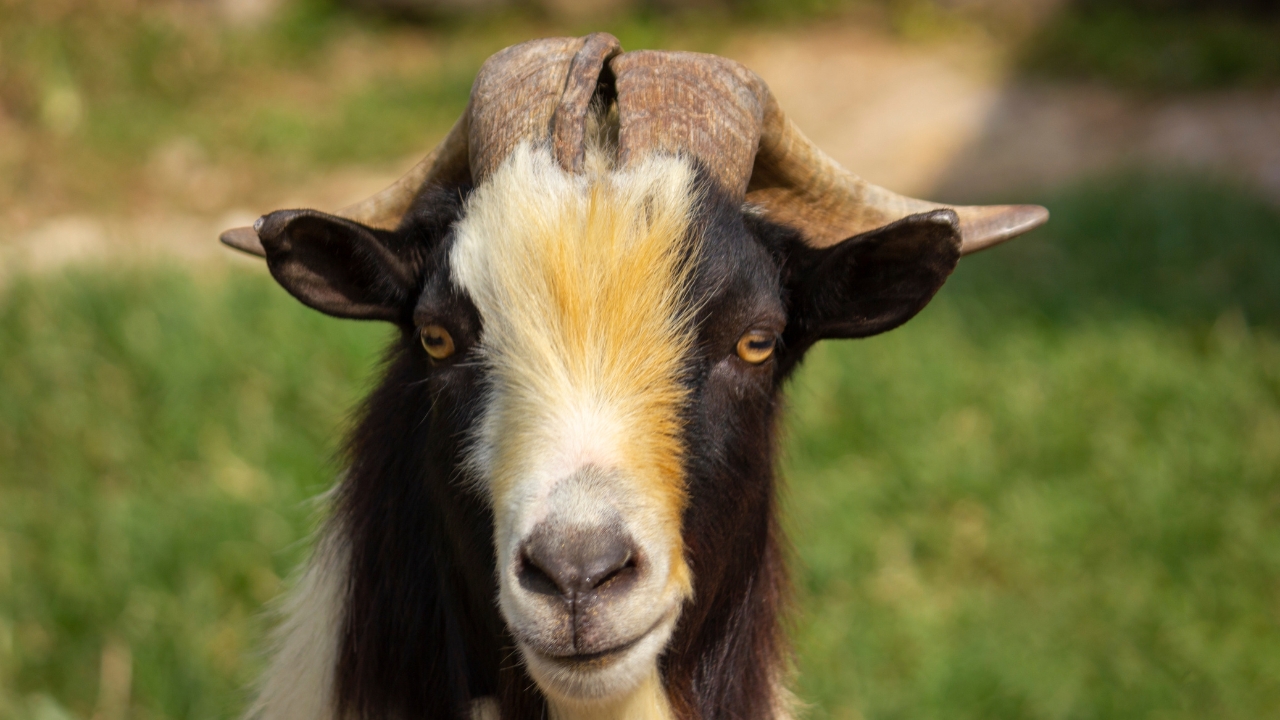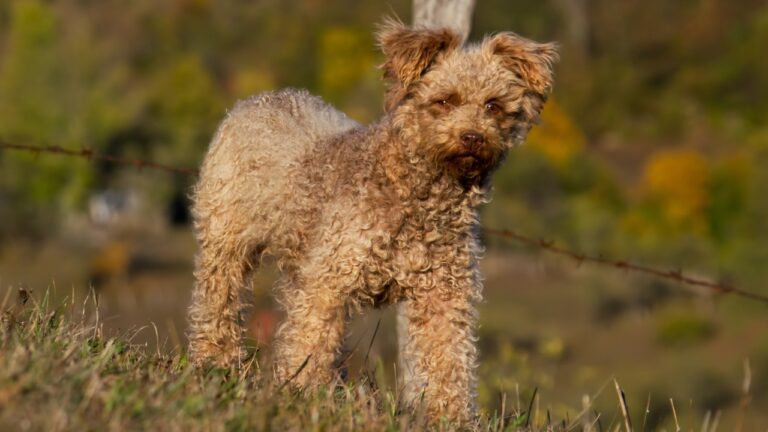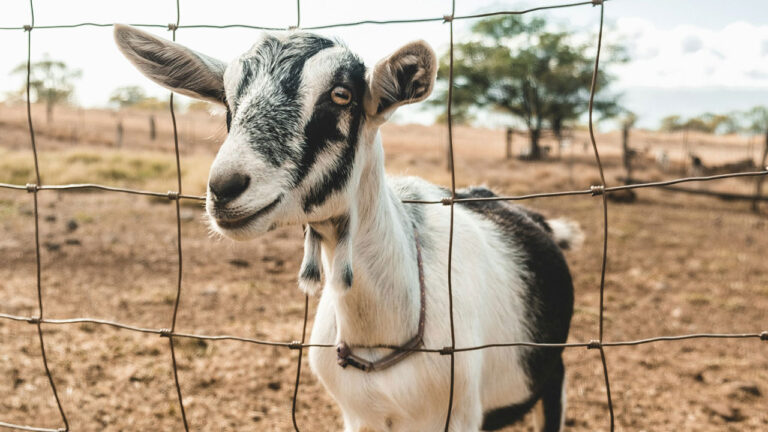7 Animals Smarter Than They Get Credit For
Some animals don’t look like they’d have much going on upstairs—until you watch them work something out for themselves. They’ll remember routines, open latches, and even adapt their behavior based on what you’re doing. That kind of awareness makes life easier when you’re working together, but it can also keep you on your toes. A smart animal will find weak spots in a setup faster than you can fix them.
When you know which species tend to figure things out, you can plan better fencing, feeding, and training from the start. These animals are capable of far more than most folks expect, and when you respect their brains, you can put that to good use.
Goat
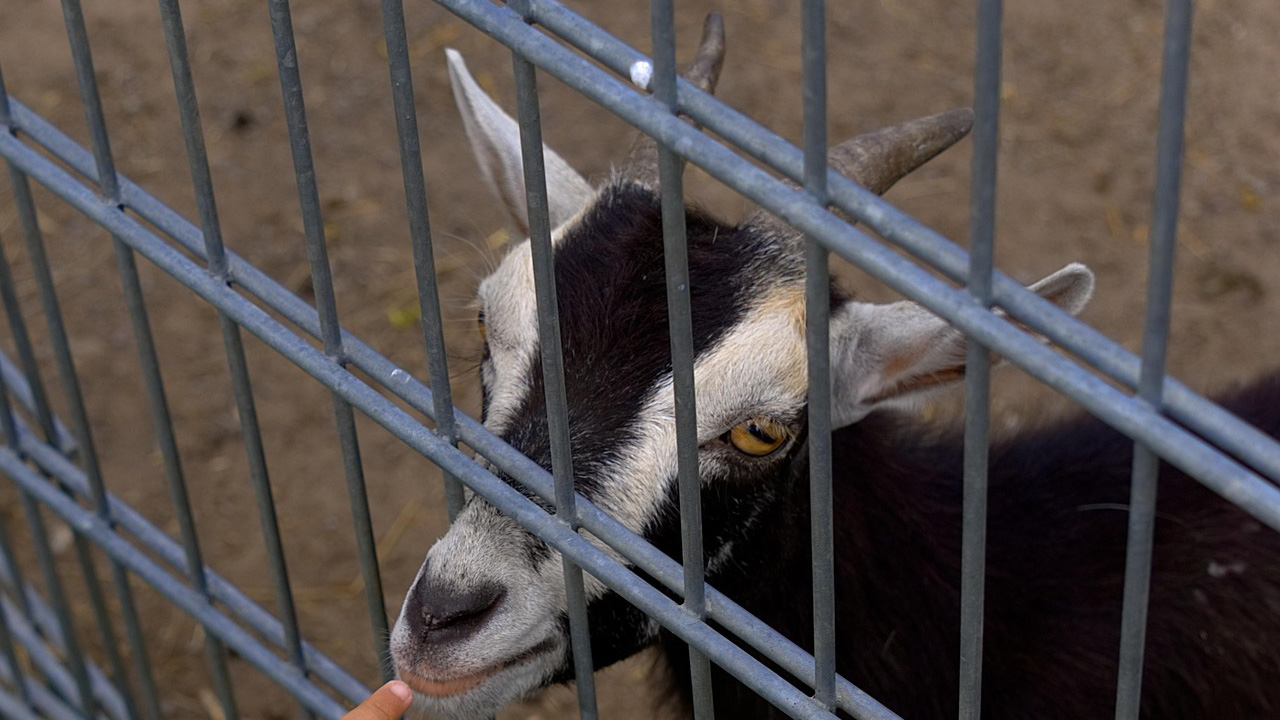
Goats are quick studies when it comes to gates, latches, and routines. If they want out, they’ll test every inch of fence until they succeed. They also remember exactly where the best forage was last season and will head straight there the moment they’re loose.
Their smarts can make them easier to handle if you train them early. It also means you’ll need fencing that’s secure enough to withstand constant testing from a curious mind.
Pig
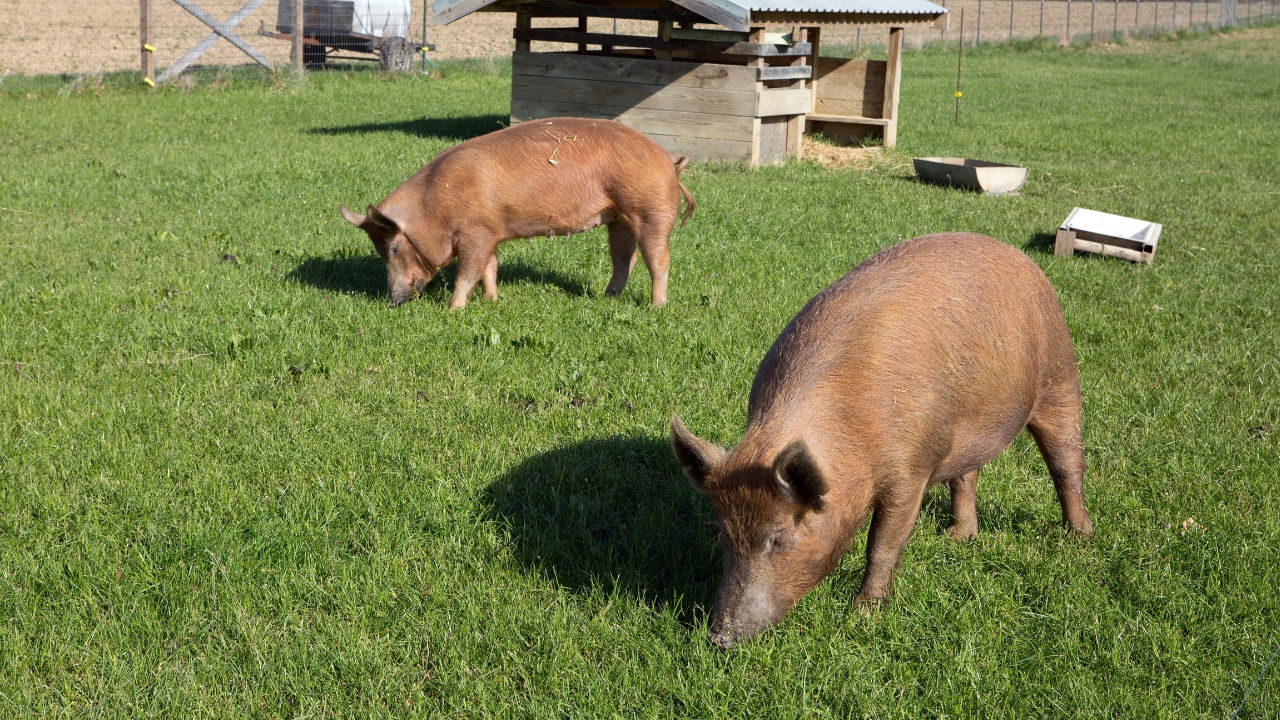
Pigs pick up on routines in no time. They’ll come running at the sound of a feed bucket, learn to follow a specific path, and even figure out how to open doors or feeders. Their problem-solving is impressive—and sometimes inconvenient.
If you keep pigs, you’ll want secure latches and pens designed to stand up to both rooting and persistence. They’ll remember what works for them, so give them approved ways to use those brains.
Horse
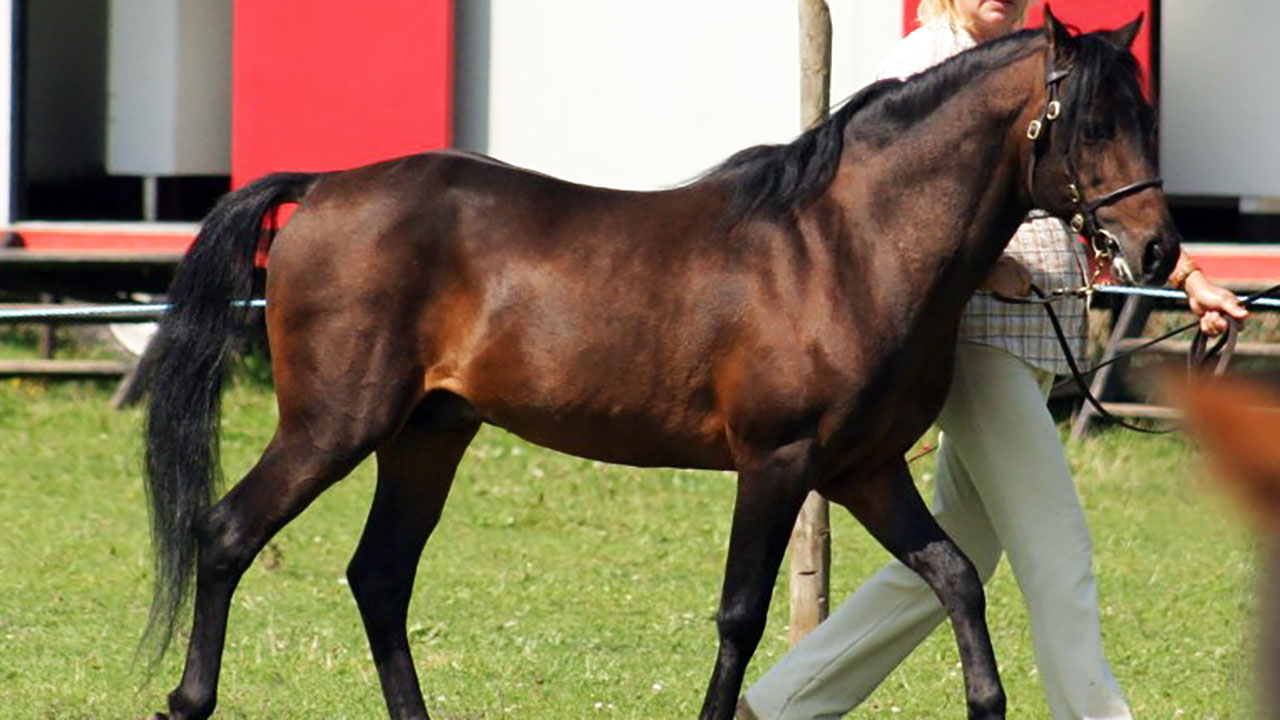
Horses are masters of reading people. They’ll connect subtle cues—like a shift in posture—to what comes next. That makes training faster when you’re consistent, but it also means bad handling sticks with them.
They remember places and situations for years. If a bridge spooked them once, you may be dealing with that memory every time you approach it.
Chicken
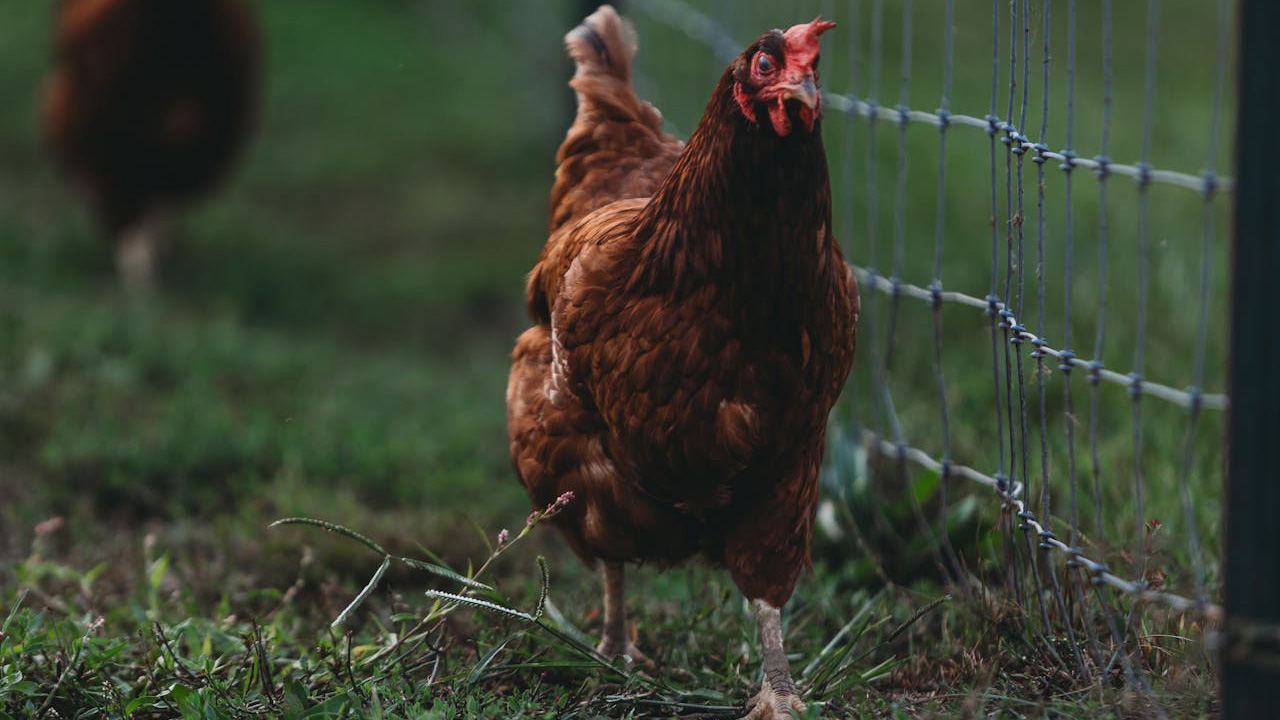
Chickens remember faces, both human and animal. They’ll recognize the person who feeds them and the safe routes to shelter. With enough interaction, they can learn to come when called and even distinguish between different sounds.
Their ability to adapt makes them surprisingly good at free-ranging in varied environments. They’ll map out the best foraging spots and use them daily.
Donkey
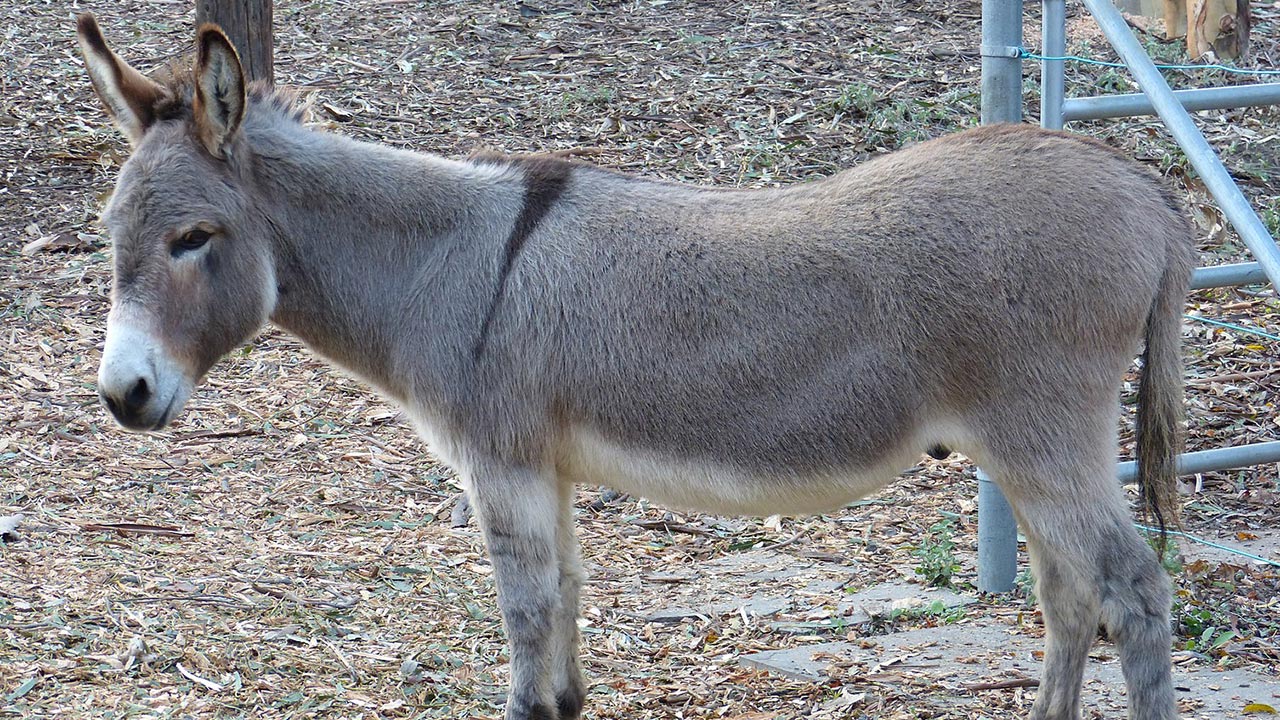
Donkeys think before they act. That’s often mistaken for stubbornness, but it’s really careful decision-making. They’ll assess whether something is safe before committing.
Once a donkey trusts a process, they’ll follow it without fuss. They’re less reactive than horses, but their memory is just as sharp.
Duck

Ducks learn to follow feeding schedules and recognize voices. They’ll also figure out where they can forage most effectively and remember safe paths back to their shelter.
If you give them a routine, they’ll stick to it. That makes them easy to manage, even in larger flocks.
Parrot

Parrots solve puzzles, mimic voices, and use vocalizations deliberately. They notice changes in routine instantly and will respond to them.
Keeping them healthy means keeping them mentally active. Without enrichment, their intelligence can turn into destructive behavior.
*This article was developed with AI-powered tools and has been carefully reviewed by our editors.

